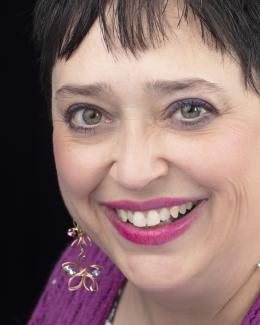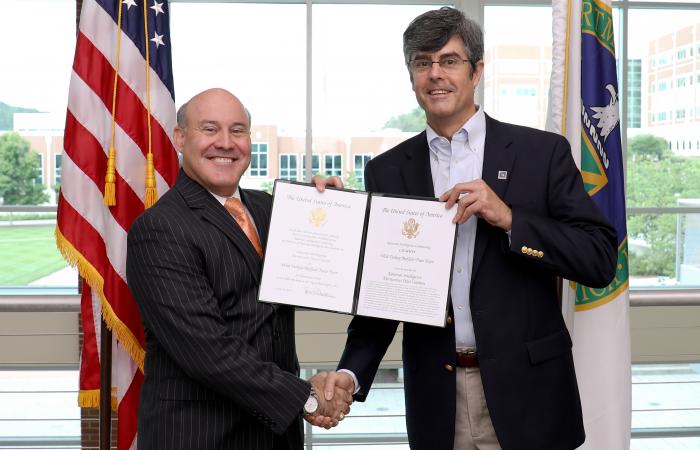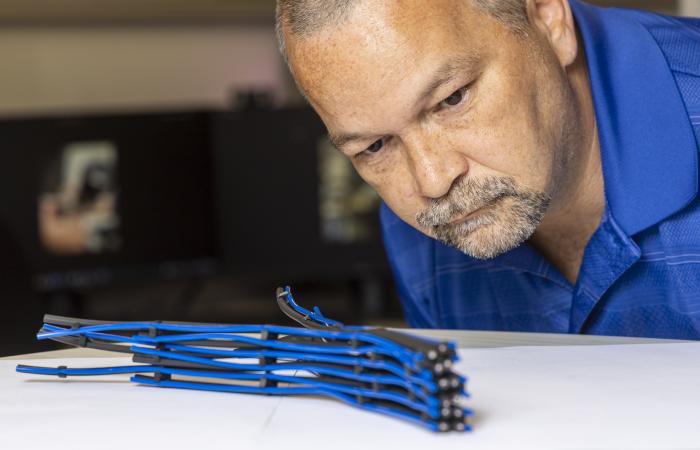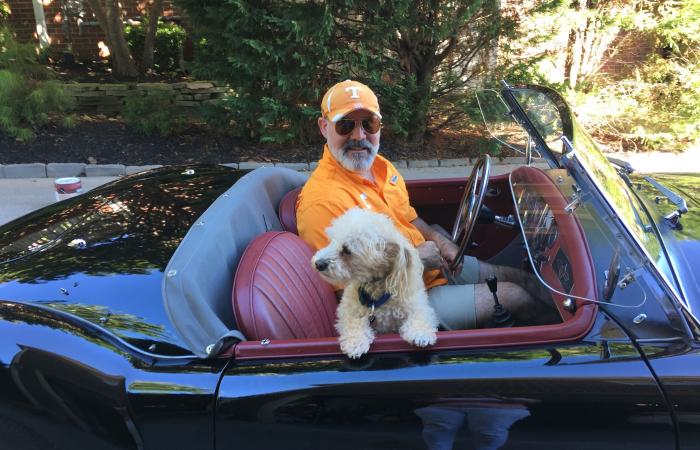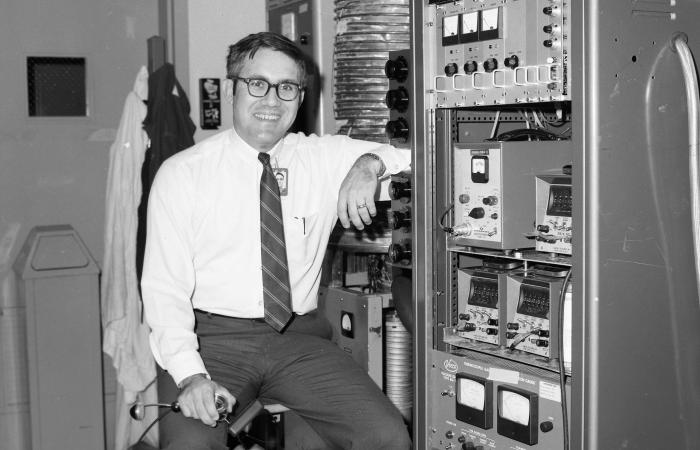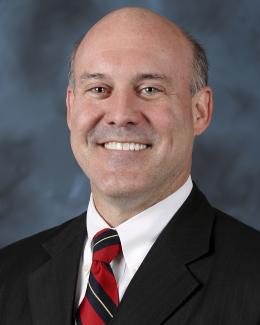A 25-year career with the U.S. Navy, commanding combat missions overseas, brought Tom Kollie back to where he came from — ready to serve his country in a new way.
An Oak Ridge native, Kollie started at Oak Ridge National Laboratory 10 years ago after retiring as a career Naval Flight Officer with the rank of Captain. He served in combat missions in Bosnia, Iraq and Afghanistan, first as commander of an aircraft squadron and then ultimately as a commander of a task force supporting combat operations in both Iraq and Afghanistan and aircraft supporting anti-piracy operations around the Horn of Africa. He also served in Washington, D.C. — in one position, he served as deputy director for the Resource Management Division and helped manage the Navy’s $34 billion budget for manpower, personnel, training and education. In another, he was assistant deputy director of global operations, overseeing cyber operations, military information support operations, counter intelligence, air and space reconnaissance, an international officer element, and special technical operations.
It was during that last position that he returned to his hometown for some training at ORNL. And, as he neared retirement, the lab came back to the front of his mind. He remembered a former military colleague who was then working for ORNL, and he dashed off a note.
“I said, ‘Would there be any interest in somebody with my background?’” he said. By the end of the week, he was interviewing at the lab.
The return, he said, was like “coming full circle”: Kollie’s father, Thomas G. Kollie Sr., had a career at ORNL in metals and ceramics. His parents still live in Oak Ridge in the home he grew up in, and he frequently visited the lab as a child.
“My father and mother were very pleased when I was hired by ORNL,” Kollie said. “They had a party when I came back, with a lot of people I knew growing up who were ORNL employees or past employees.”
Kollie spent his first seven years at ORNL in the National Security Sciences Directorate, a natural fit. Those older friends were integral in helping him adjust his practices from the military way to the lab way.
“The similarities between ORNL and the military are in standardization and protocols,” Kollie said. “Wanting to get the mission done safely and on time, and taking care of people, are things they have in common.”
But while the military must routinely make decisions based off the best information available at the time, the lab is structured so that it can reach out to a large group of stakeholders to formulate the best possible decisions, he said.
“You have more time here to come up with the right answer, and it’s expected that you will come up with the right answer — you have the opportunity to research and get the best information possible to base your decisions off of, and that’s a good thing,” he said. “Both the military and the lab regularly make high-stakes decisions, but they have different ways of meeting that goal.”
He’s found both equally fulfilling, he said.
“The same satisfaction I had serving my country in the military, in the Department of Defense, I’m finding by continuing to serve at ORNL for the Department of Energy,” he said.
In December 2018, Kollie left his previous position as ORNL’S deputy director for field intelligence element for a new challenge: project manager for the Stable Isotope Production Facility, or SIPF.
SIPF, scheduled for completion in early 2025, will produce xenon-129, an isotope used for high-quality, noninvasive medical imaging of lungs. The production facility will help eliminate the nation’s dependence on foreign sources for the in-demand isotope.
“Having served in the military, it’s very rewarding to help my country now from a perspective of healing people — helping make it possible for them to have their problems diagnosed,” Kollie said. “It’s another aspect of taking care of people.”
He’s happy with the progress being made with both SIPF and its sister facility, the Stable Isotope Production and Research Center, which aims to reduce U.S. dependence on foreign sources for other isotopes.
“We were able, with the lab’s help, to continue the mission critical work and advance the SIPF project even when COVID-19 was hitting hard in the past year,” Kollie said. “We’re still on schedule.”
Before the pandemic, Kollie enjoyed both international and domestic travel with his wife of 23 years, Kelly, and their two young adult children. These days, he’s spending his days off doing home improvement and maintenance — another change from 10 years ago, since the family had always had military or rental housing. He’s also restoring a 1962 Morris Garage Automobile, or MGA.
“Getting to help out at ORNL, which has been a part of my entire life, and being able to raise my family in East Tennessee has been amazing,” he said. “Truly another commonality of the lab and the military is the quality of people. It’s extremely rewarding to work with the brain trust we have here at ORNL, where my father told me, ‘If you’re not nationally recognized in your field, you’re internationally recognized.’ There’s mission focus here and great people surrounding you. I enjoy coming to work every day.”
UT-Battelle manages ORNL for the Department of Energy’s Office of Science, the single largest supporter of basic research in the physical sciences in the United States. The Office of Science is working to address some of the most pressing challenges of our time. For more information, please visit energy.gov/science .
